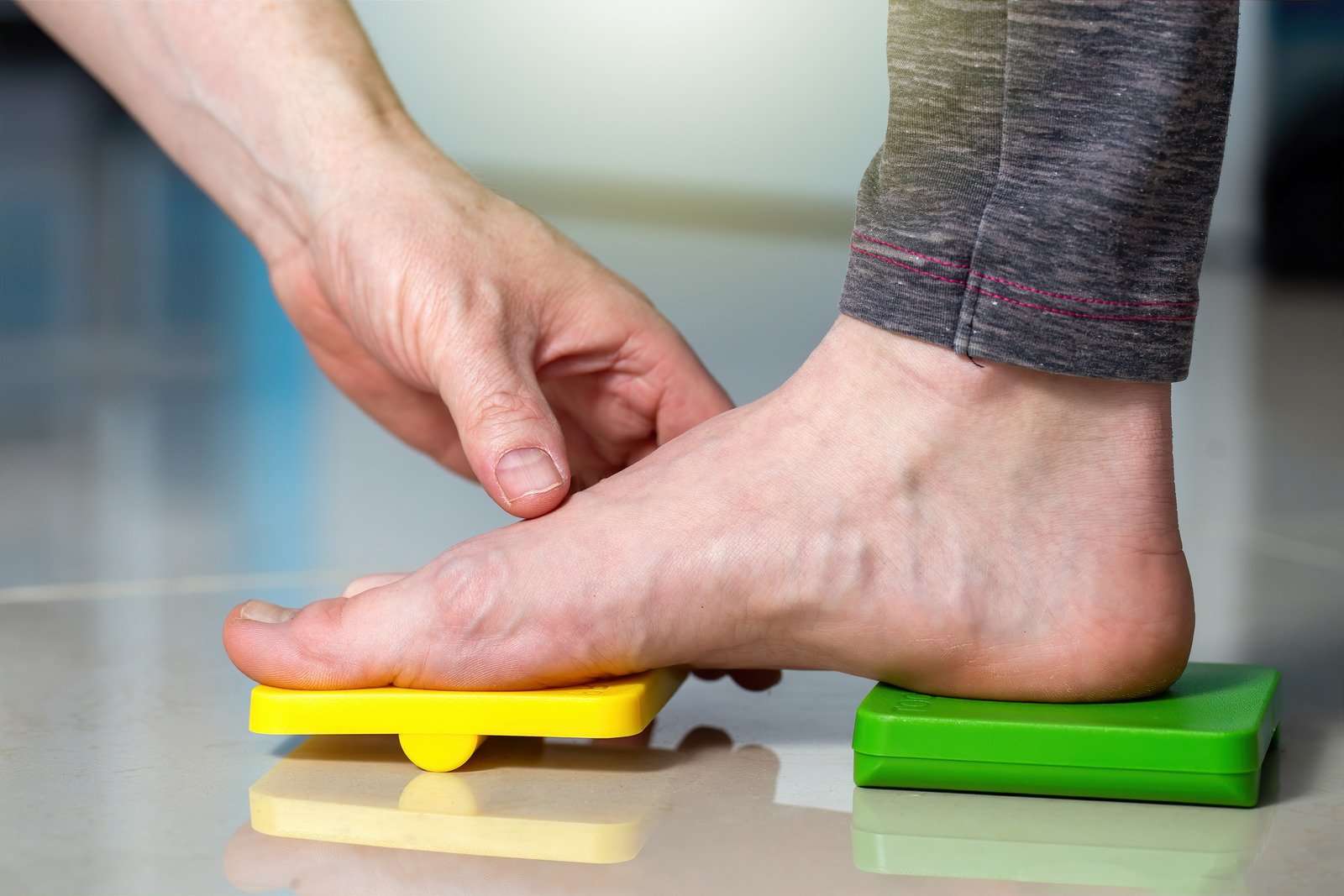Pes Planus, commonly known as flat feet, is a condition where the arches of the feet collapse, causing the entire sole to come into contact with the ground. While some individuals may experience minimal discomfort or no symptoms at all, others may suffer from severe pain and limited mobility. Addressing severe flat feet requires a comprehensive understanding of the condition and the available treatment options.
Understanding Pes Planus Deformity
Pes Planus can be categorized into flexible and rigid types. In flexible flat feet, the arches appear normal when the individual is sitting or standing on tiptoes, but they flatten when weight is applied. Rigid flat feet, on the other hand, lack arches even when the foot is not bearing weight. This condition can be congenital or acquired due to factors such as injury, aging, obesity, or certain medical conditions.
Symptoms and Complications
Severe flat feet can lead to a range of symptoms including pain and fatigue in the feet, ankles, and legs, difficulty standing or walking for extended periods, and increased risk of developing conditions such as plantar fasciitis, bunions, and Achilles tendonitis. Moreover, untreated flat feet can contribute to poor posture, joint misalignment, and even back pain.
Treatment Options
Addressing severe flat feet requires a tailored approach based on the individual’s symptoms, lifestyle, and severity of the condition. Treatment options may include.
Orthotic Devices: Custom-made orthotic inserts or arch supports can help provide additional support and stability to the feet, redistributing pressure and relieving discomfort.
Physical Therapy: Specific exercises and stretches can strengthen the muscles and improve flexibility, helping to correct biomechanical imbalances associated with Insoles for flat feet.
Footwear Modifications: Wearing supportive shoes with proper arch support and cushioning can alleviate symptoms and prevent further complications. In severe cases, orthopedic shoes or braces may be recommended.
Medications: Over-the-counter or prescription nonsteroidal anti-inflammatory drugs (NSAIDs) may be prescribed to alleviate pain and reduce inflammation associated with flat feet.
Surgery: In cases of severe pain or deformity that do not respond to conservative treatments, surgical intervention such as tendon reconstruction, arthrodesis, or osteotomy may be considered to realign the foot structure and restore function.
Check Also:- Best Orthotics For Flat Feet
Pes Planus deformity can significantly impact an individual’s quality of life, but with proper diagnosis and treatment, the symptoms can be managed effectively. Seeking early intervention and adopting appropriate lifestyle modifications can help address severe flat feet and prevent associated complications, allowing individuals to maintain an active and pain-free lifestyle.

